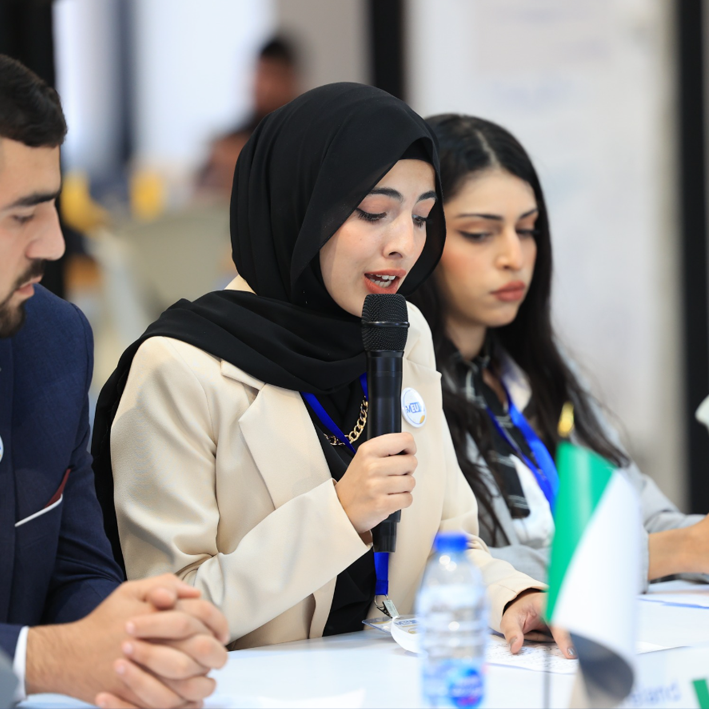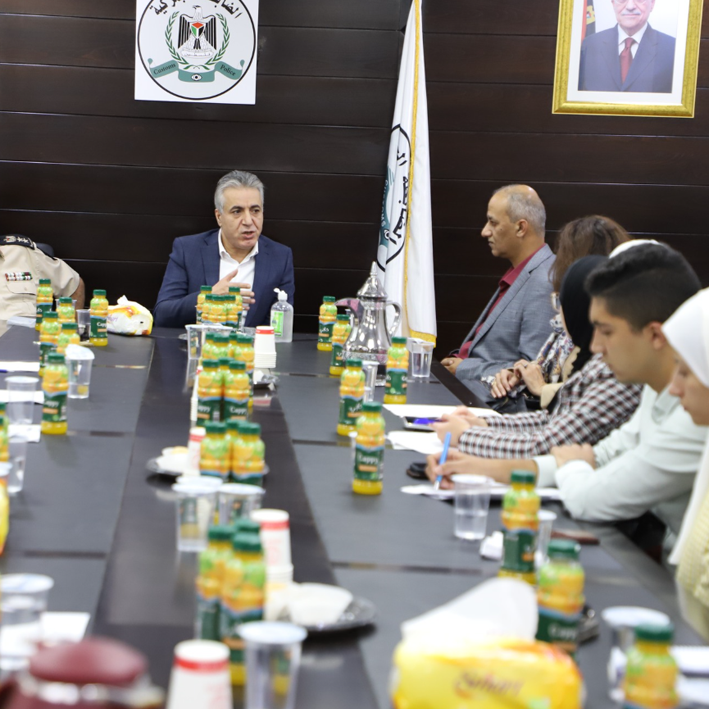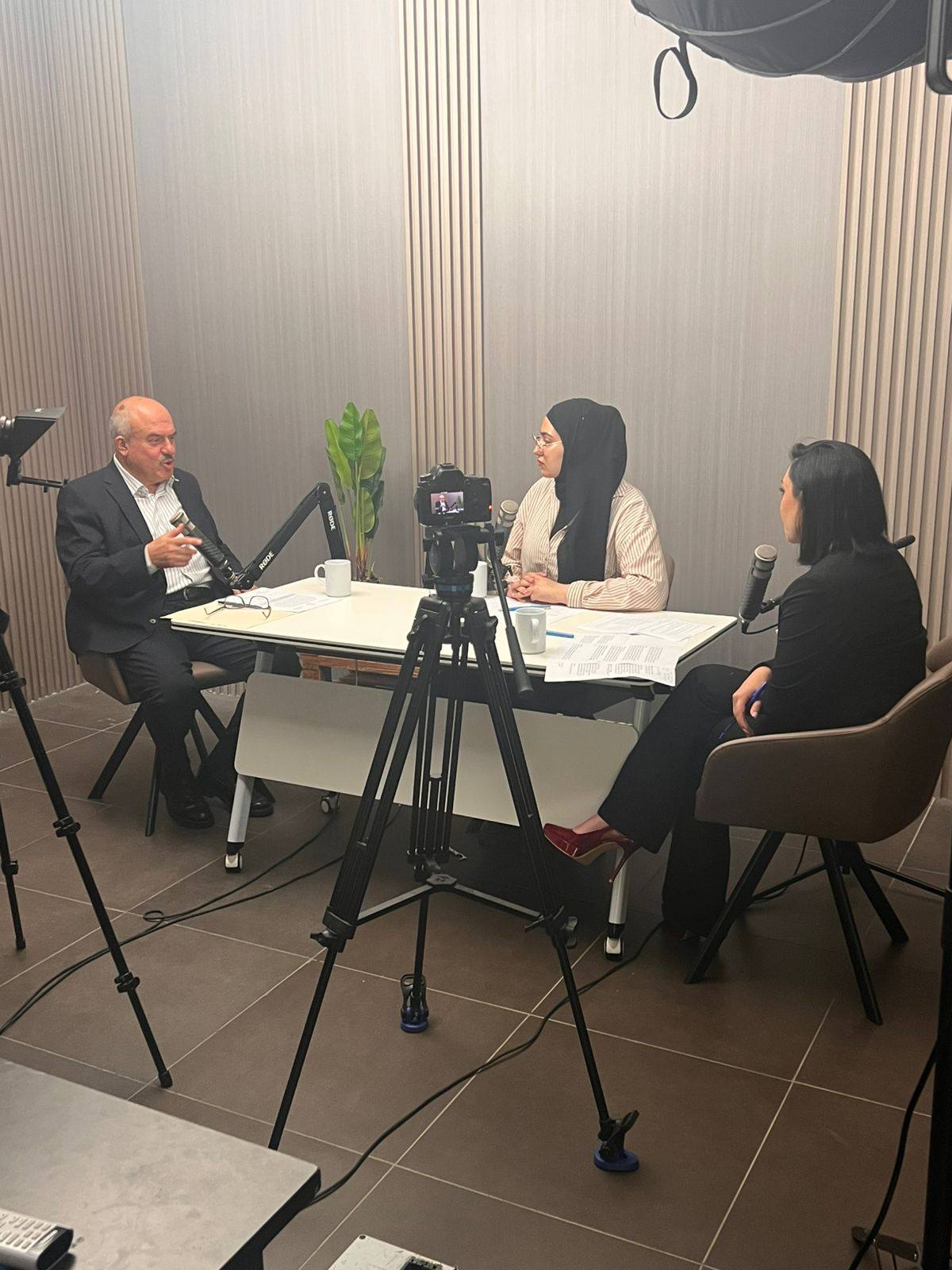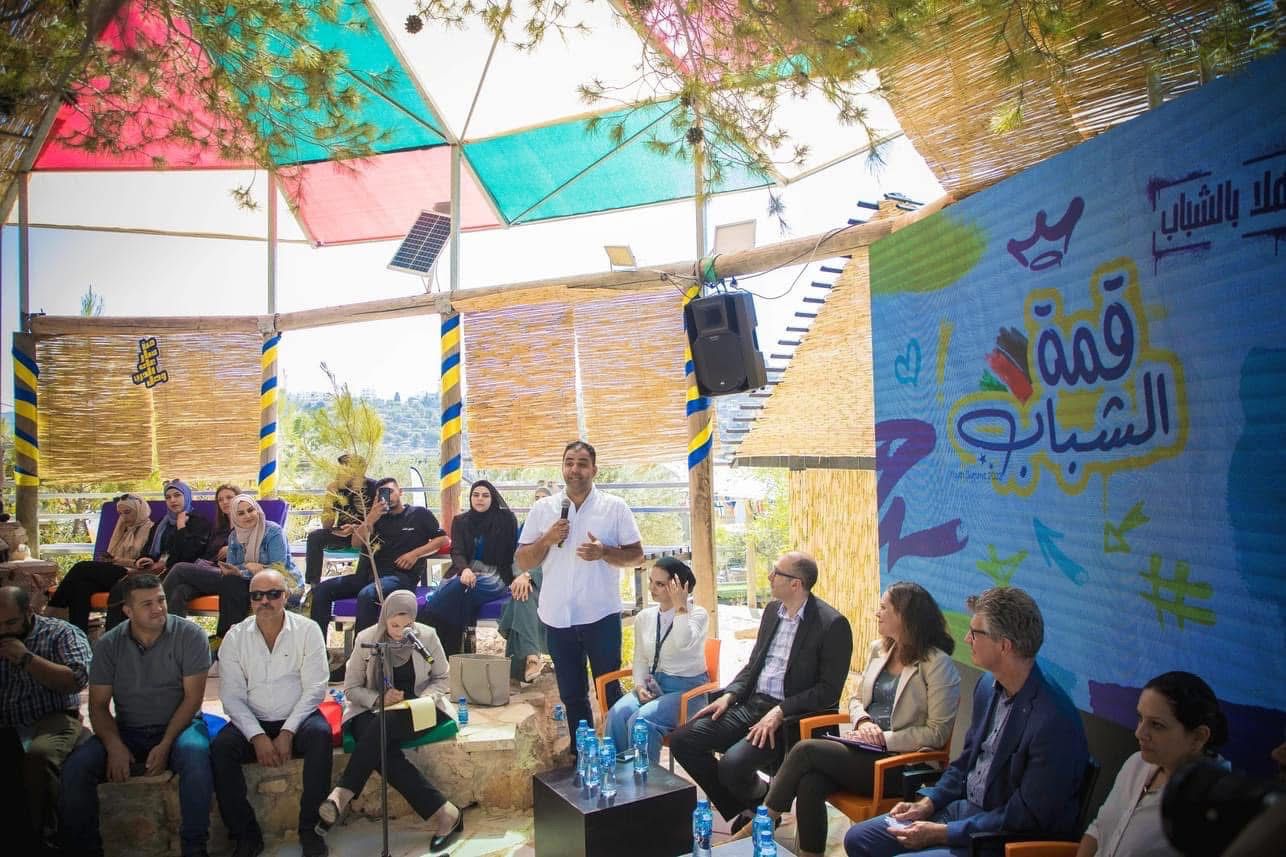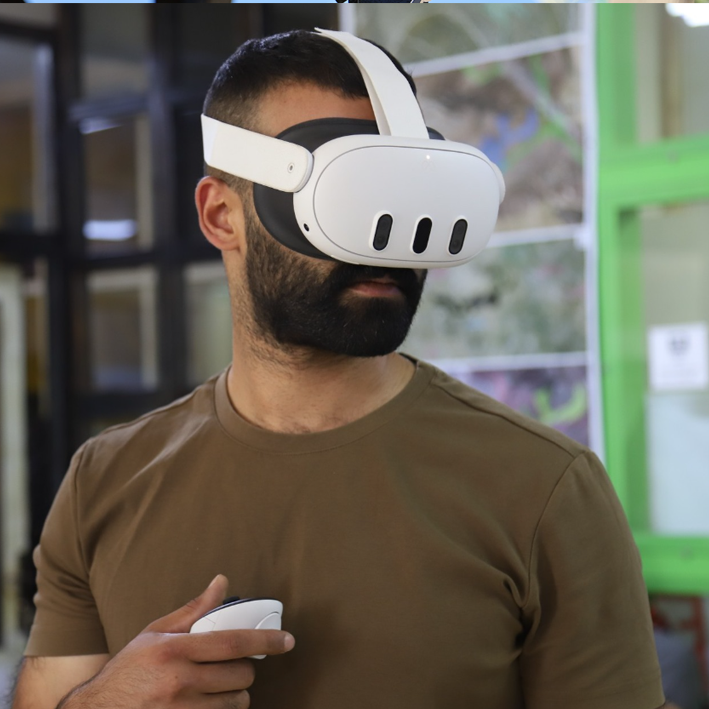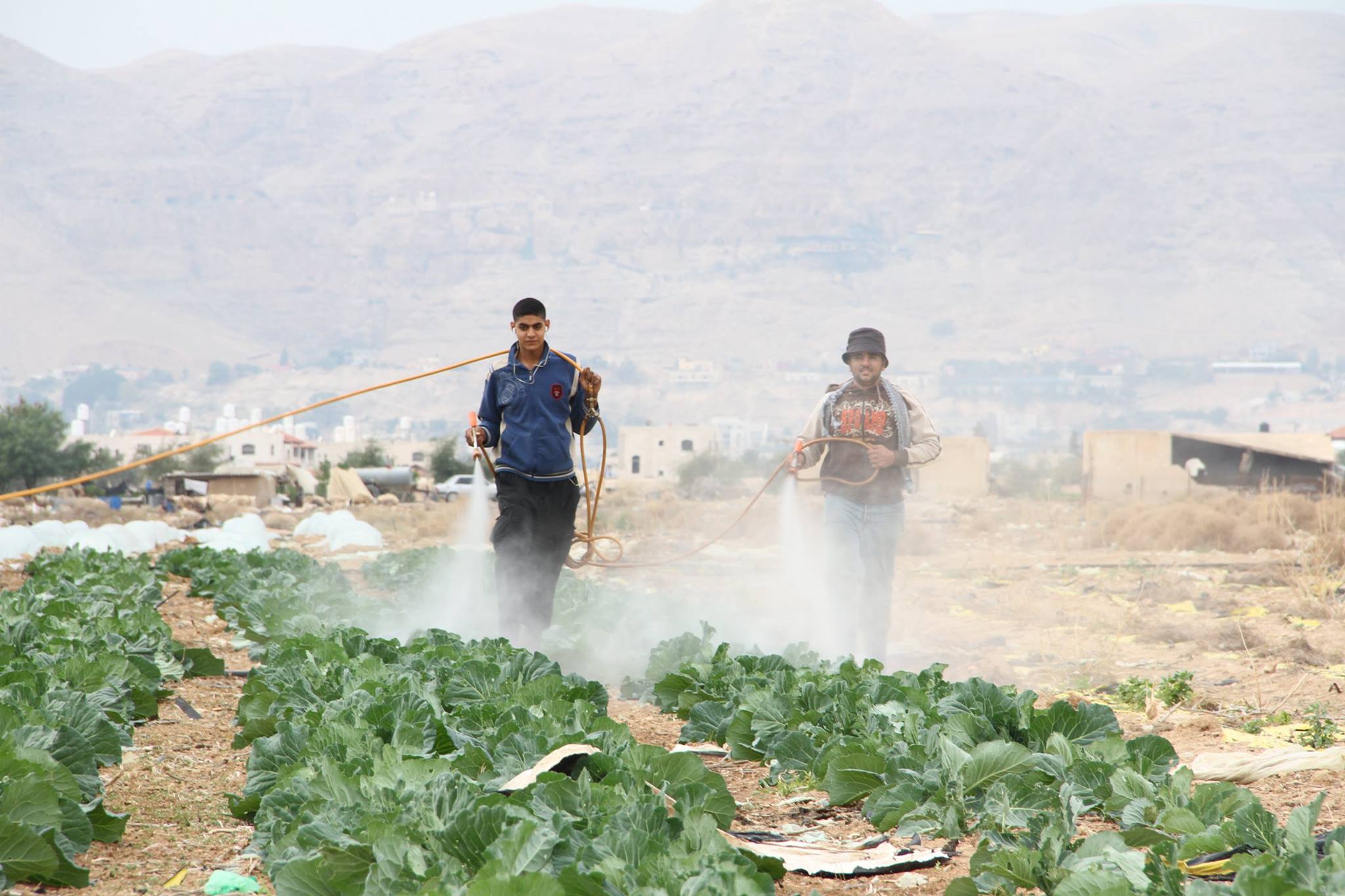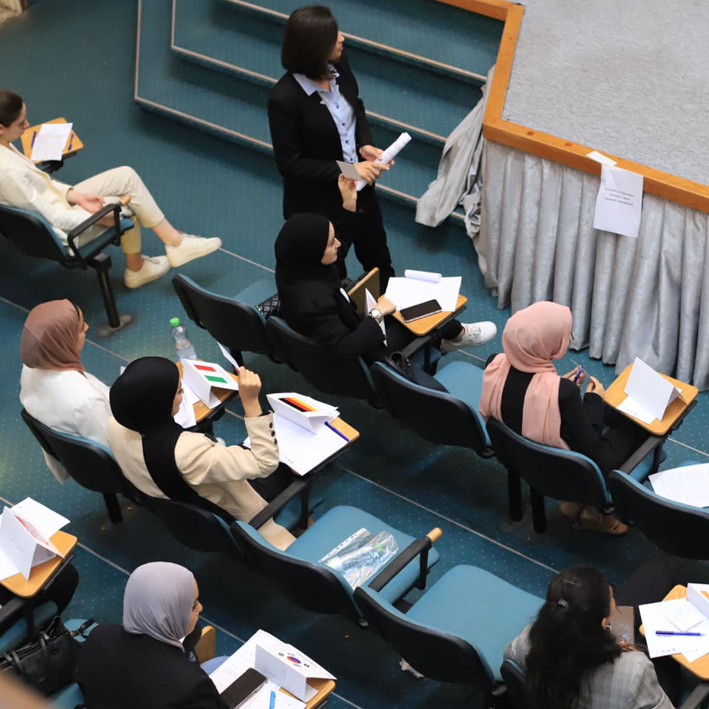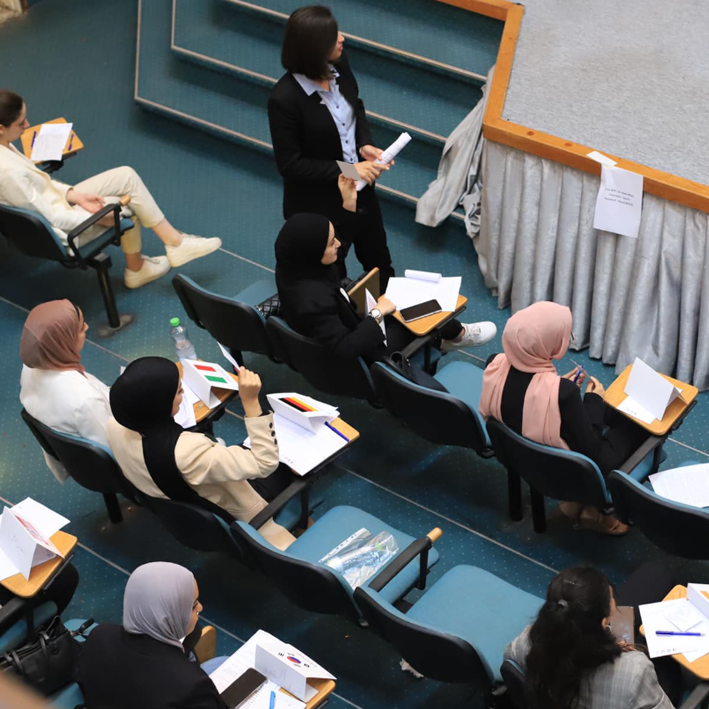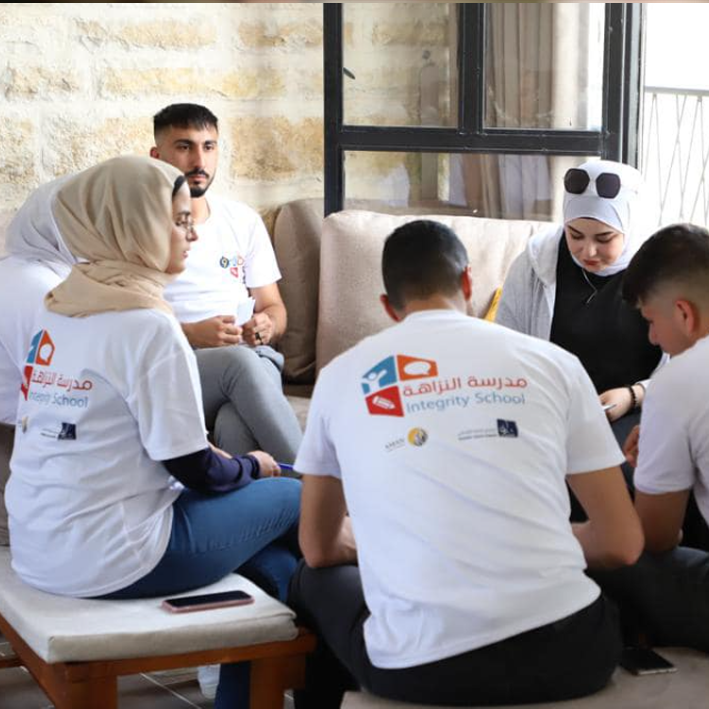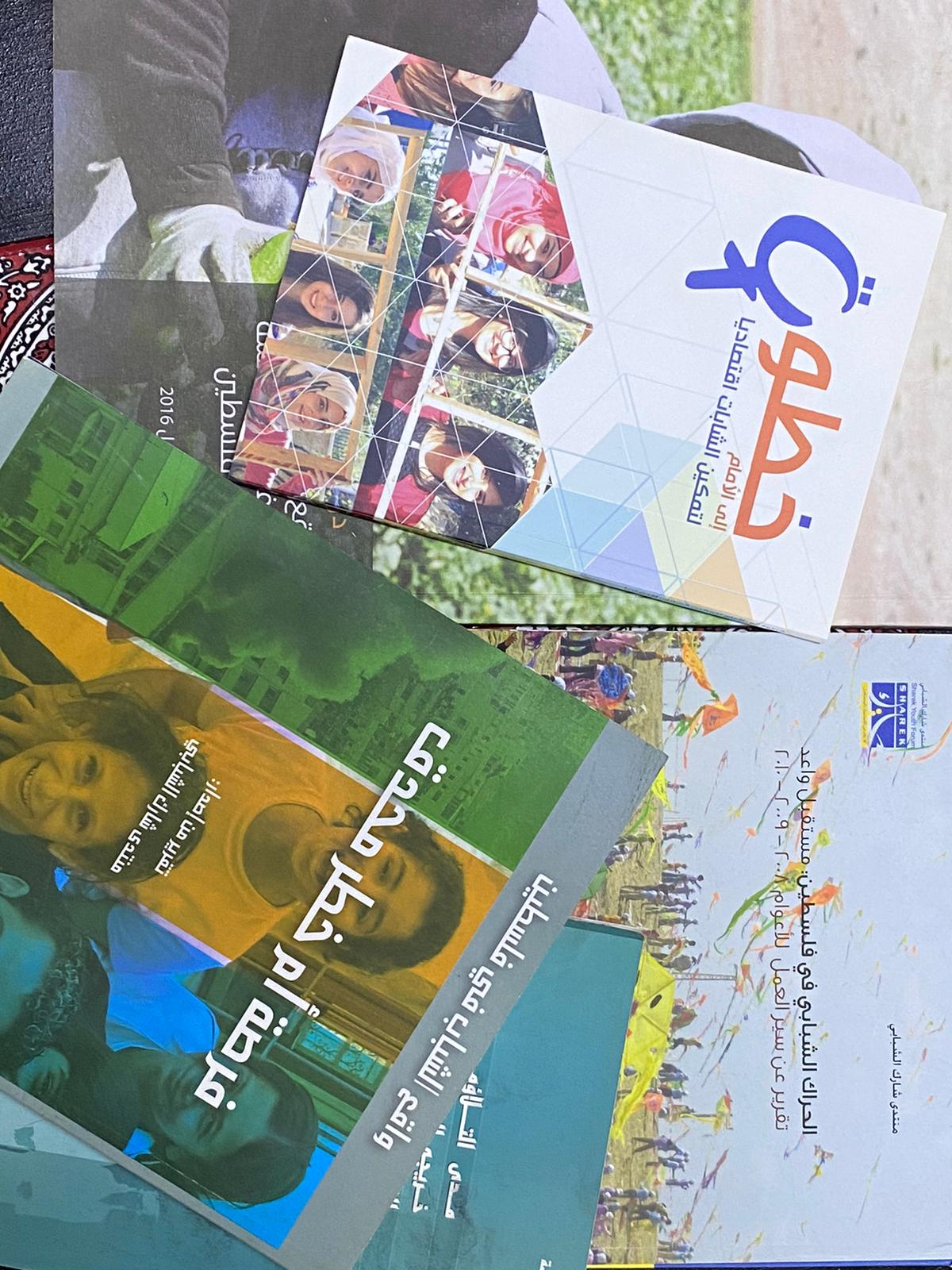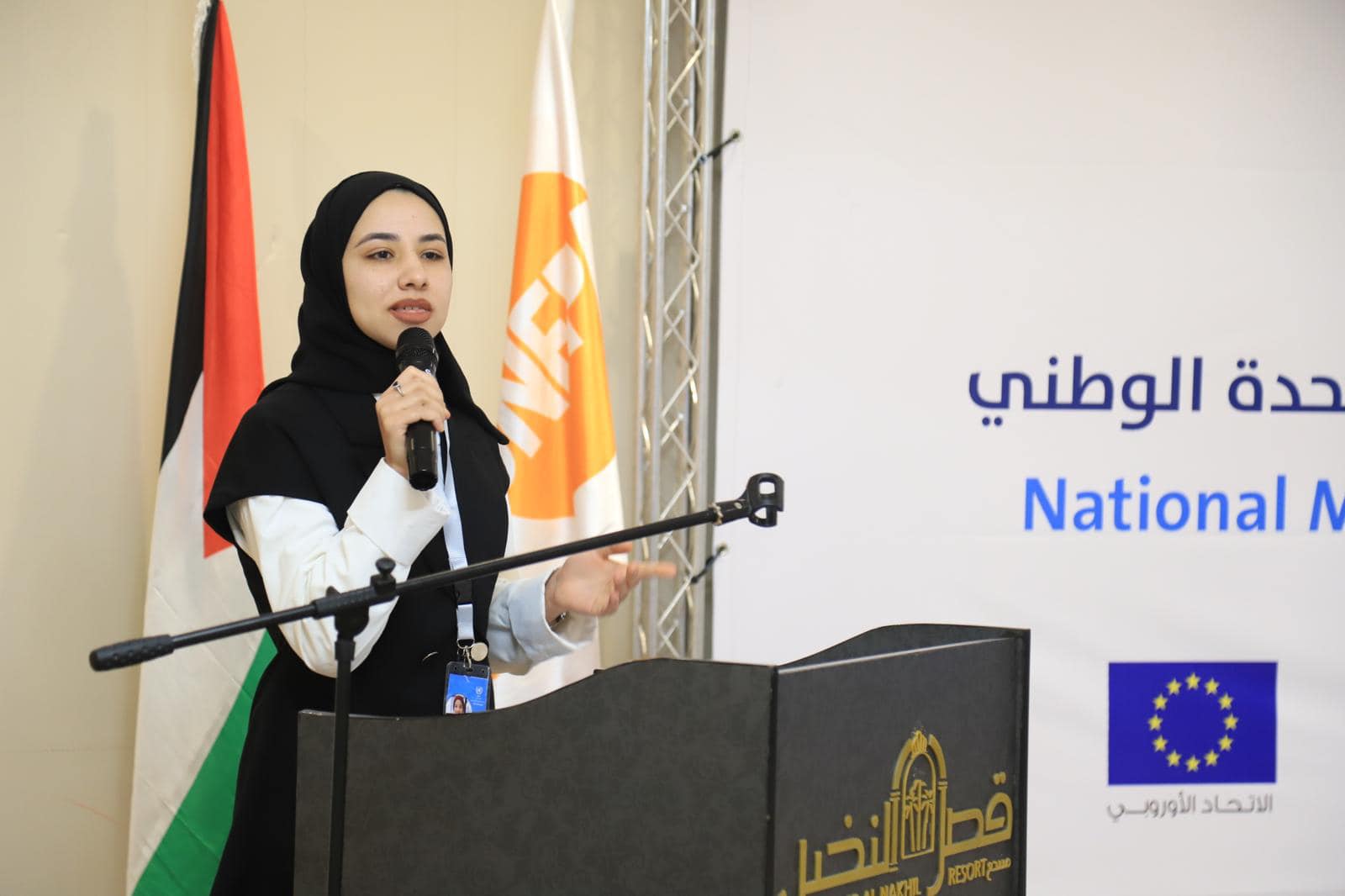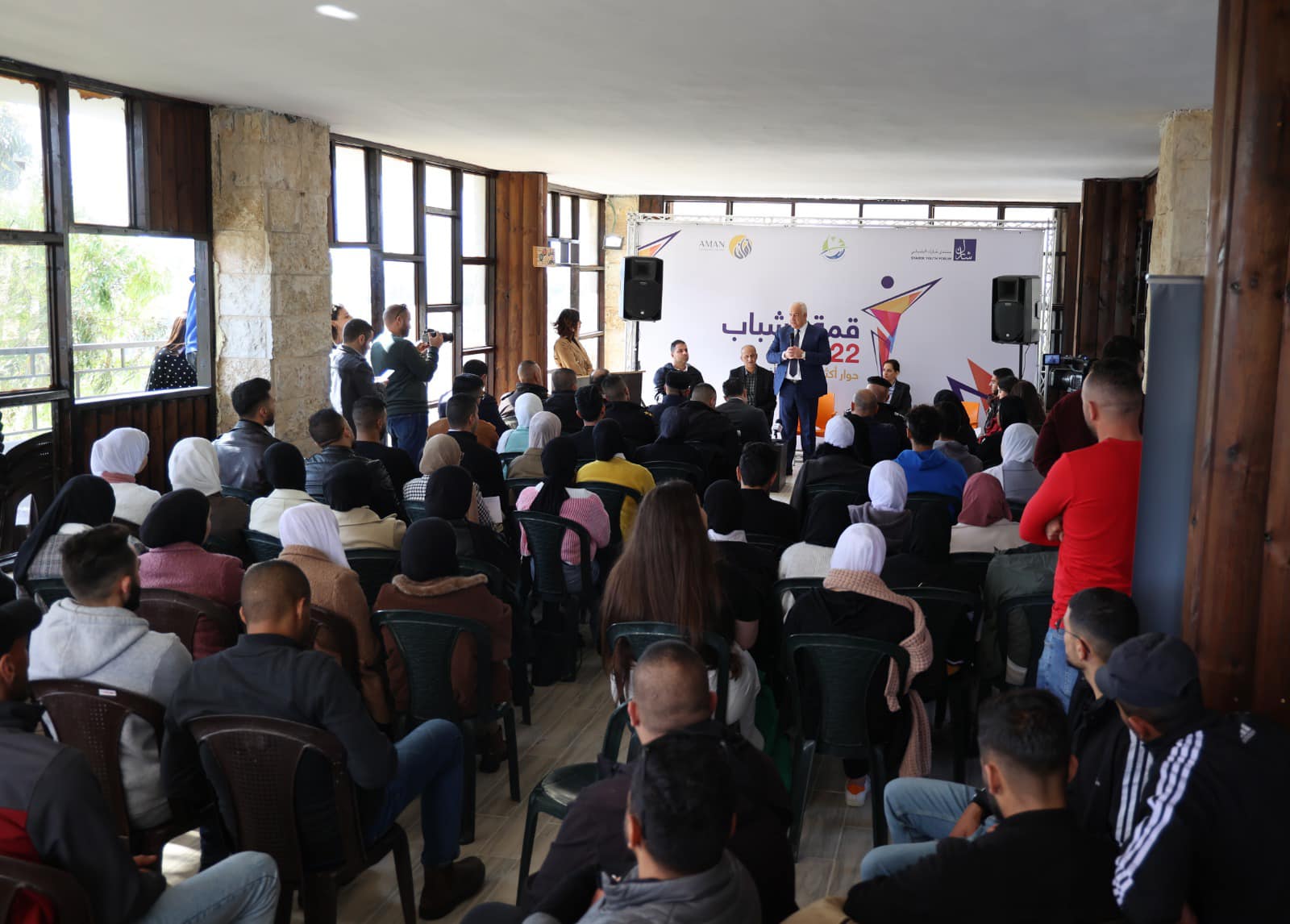At Sharek Youth Forum, we ensure that young people’s priorities and needs remain at the heart of public attention and decision-making. Through advocacy, networking, and youth-led campaigns, we influence policies that impact youth while empowering them to hold public institutions accountable.
Over the years, Sharek’s volunteers have led hundreds of national and community campaigns, from boycotting Israeli goods to addressing diverse youth issues. Our approaches combine direct engagement with young people, traditional media, and innovative use of digital platforms and social media. Among our flagship initiatives are the Integrity School and National Accountability Day, which provide practical tools for documenting and addressing key issues — both reaching their seventh cycle in 2022.
Responding to Challenges & Reaching the Marginalized
Working in Palestine means navigating complex realities — from occupation and geographic fragmentation to repeated crises and the marginalization of entire communities.
To address this, Sharek designs its interventions around two complementary approaches:
- Continuity in stable contexts to sustain long-term programs.
- Crisis response and emergency support for the most vulnerable groups, especially youth in remote or marginalized areas.
- Practical examples include youth-led emergency support across the West Bank, where volunteers mobilized to assist affected communities with initiatives that respond directly to urgent needs.
- Research & Evidence-Based Action
- Sharek’s Research Unit produces studies, position papers, and digital surveys that amplify youth perspectives on public issues and expand civic participation.
Our research focuses on:
Supplying all Sharek programs with reliable, evidence-based data.
Ensuring coordination across projects for a more integrated and effective youth response.
Using both quantitative and qualitative methods, and prioritizing participatory research, our findings reflect the real experiences of young people. Special attention is given to the most vulnerable youth — those facing poverty, discrimination, or gender-based violence — to ensure our interventions are inclusive and impactful.
